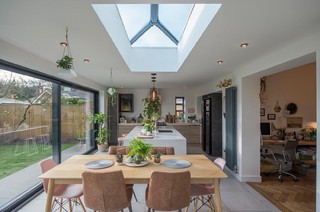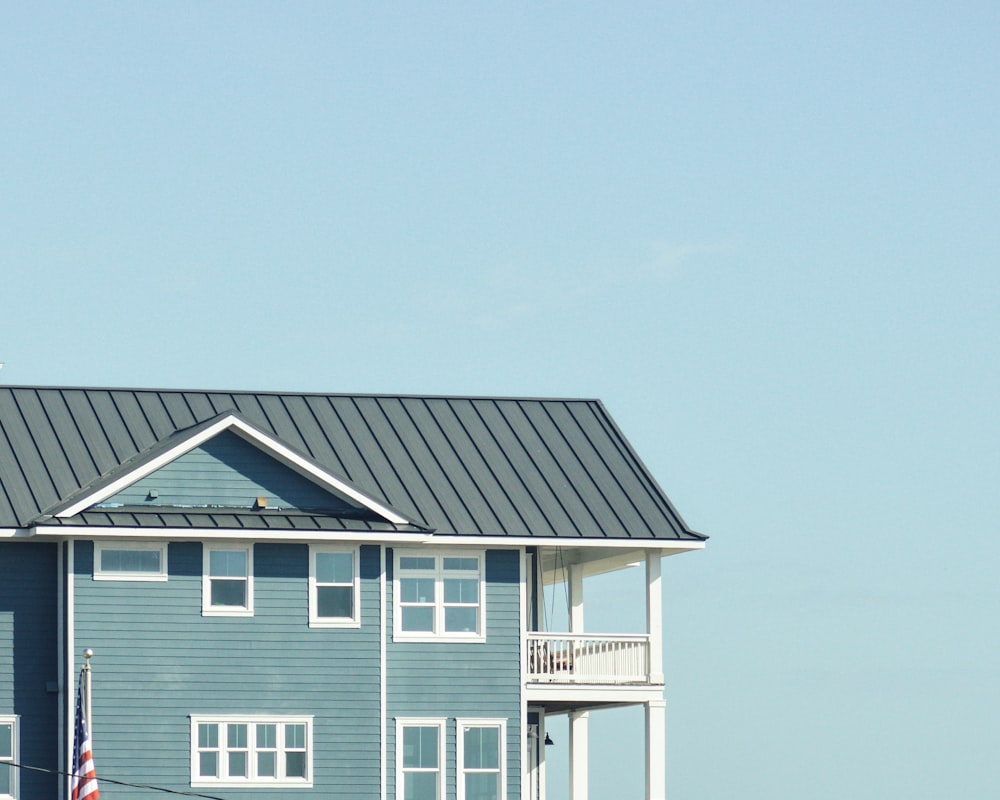
Illuminating Ambiance Deck Lighting Ideas for Outdoor Nights
Exploring Deck Lighting Ideas for Outdoor Nights
Subheading: Setting the Mood
When the sun sets and the stars emerge, creating the perfect ambiance on your deck is essential for enjoying outdoor evenings. Deck lighting plays a crucial role in setting the mood, whether you’re hosting a dinner party, enjoying a quiet nightcap, or simply unwinding after a long day. With the right lighting design, you can transform your deck into a cozy and inviting space that beckons you to linger under the night sky.
Subheading: Enhancing Safety and Security
In addition to creating ambiance, deck lighting also serves practical purposes, such as enhancing safety and security. Illuminating pathways, stairs, and potential hazards ensures that you and your guests can navigate your deck safely, even in the dark. Strategically placed lighting can also deter intruders and provide peace of mind by illuminating your outdoor space and making it less inviting to unwanted visitors.
Subheading: Choosing the Right Fixtures
When selecting deck lighting fixtures, it’s essential to consider both functionality and aesthetics. LED lights are a popular choice for deck lighting due to their energy efficiency, durability, and versatility. From recessed lights and step lights to string lights and lanterns, there’s a wide range of fixtures to choose from, each offering its unique benefits and ambiance. Select fixtures that complement your deck’s style and architecture while providing the desired level of illumination.
Subheading: Highlighting Architectural Features
Illuminate your deck’s architectural features to create visual interest and focal points. Use uplighting to highlight trees, columns, and other vertical elements, adding depth and dimension to your outdoor space. Consider installing recessed lights or spotlights to showcase decorative elements, such as railings, pergolas, or artwork. By strategically placing lighting fixtures, you can draw attention to the unique features of your deck and enhance its overall aesthetic appeal.
Subheading: Layering Light Levels
Create depth and ambiance on your deck by layering different light levels. Combine overhead lighting with accent lighting to provide both task-oriented illumination and ambient glow. Use dimmer switches or smart lighting controls to adjust the brightness levels and set the mood according to the occasion. By incorporating multiple light sources and levels, you can create a dynamic and inviting atmosphere that encourages relaxation and enjoyment.
Subheading: Incorporating Color and Texture
Add visual interest to your deck lighting design by incorporating color and texture. Colored LED lights or colored filters can create dramatic effects and add personality to your outdoor space. Experiment with different lighting temperatures, such as warm white, cool white, or amber, to evoke different moods and emotions. Additionally, consider using textured or frosted glass fixtures to diffuse light and create a softer, more diffused glow.
Subheading: Maximizing Energy Efficiency
Opt for energy-efficient lighting solutions to minimize environmental impact and reduce energy costs. LED lights consume significantly less energy than traditional incandescent bulbs and have a longer lifespan, making them an eco-friendly choice for deck lighting. Consider solar-powered fixtures for areas where access to electricity is limited, such as remote corners of










